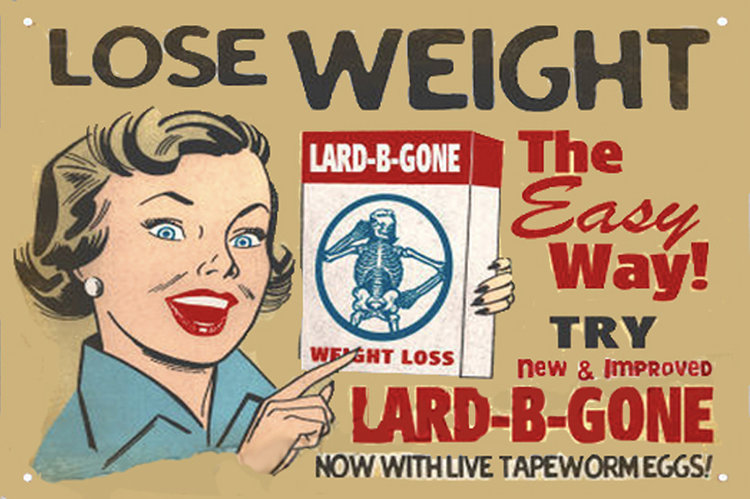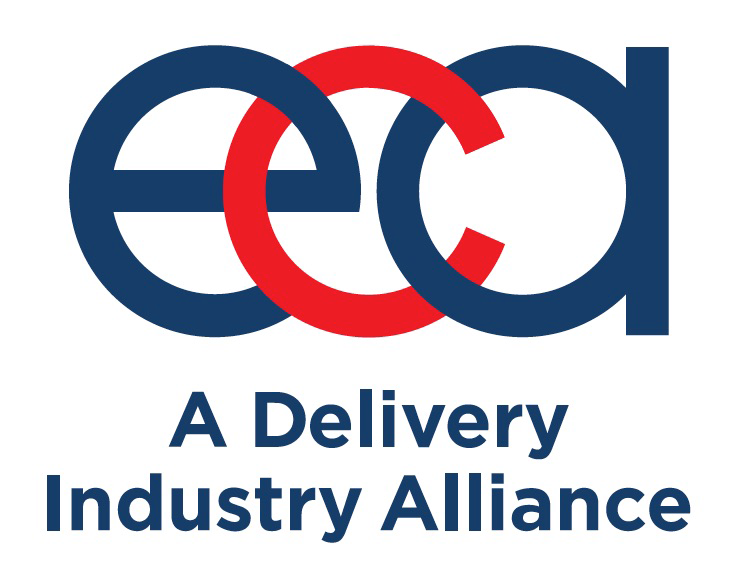I just have to weigh in on Weight Watchers’ announcement yesterday that they’ve put their brand’s name on a diet, trimming it down to WW. You read that right. They reduced their new name to two letters. And although it might, at first, appear thinner, it’s put on a good bit of weight. While the name says much less than it used to, it’s also become harder to say, going from three syllables to six.
What a mouthful!

Weight Watchers’ Strategy
The new CEO at Weight Watchers, Mindy Grossman, has had a great deal of success reinvigorating the brand in her first year. Sales and enrollments are up, and the stock price has surged during her tenure. So why would she squander the brand’s crystal clear communication of who they are and what they do, not to mention 55 years of consumer awareness and equity with this name change? Because times change, too.
Even while there’s an explosion of social media posts full of bikini challenges, photo-shopped selfies and too many celebrity-endorsed cleanses (and who wants to think about that?!), we also see an emerging body positivity movement. At least with some demographics, the quest to be strong instead of skinny, or to be happy and mentally healthy instead of striving for an unattainable ideal, appears to be gaining ground. There are plus-sized and generally more diverse models appearing not only in magazines, but even on the runways. Long may this change last!

Having Their Cake and Eating It, Too
Weight Watchers’ move is a classic symbol of reinvention, signaling to the world a recent emphasis on overall health and wellness, rather than just dieting. I applaud their efforts to adopt a more holistic approach, but it seems that WW wants to have their cake and eat it too! The new name comes with a new tagline, “wellness that works,” even while the company also vows to remain the market leader in weight loss.
What’s In A Name?
One of the hardest things about naming products and brands is accepting that no name is perfect. Every name has its pros and cons. Pushing towards a clear communication almost always means giving up the chance to have a poetic, emotional name. Choosing a distinctive name that zags where competitors zig also raises the risk of confusing the audience. It’s rare to see a brand slim their name’s meaning down, going from a clear communication of functional benefits to saying much less. When Kentucky Fried Chicken changed their name to KFC it was a similar move, but they needed to downplay that the product is fried, and the new name was also easier and shorter to say.
A Fat And Happy Market Reaction
The brand’s stock surged yesterday on this news, but I’m not convinced. WW’s name change is intended to support a new focus on wellness, but do two letters communicate enough? Will the change prove to be too dramatic, confusing loyal consumers and squandering enormous brand awareness? Is the focus on wellness that WW hopes to leverage concentrated in the affluent corridors of America while the epicenter of our obesity epidemic is found in places that are far less conflicted about calling a diet a diet? And finally, is this change inspired by WW’s global ambitions, because two letters instead of two hard-to-pronounce English words make for a better name in the rest of the world, where expanding waistlines mean growing opportunities for a brand designed to whittle them down?
I know that Weight Watchers has weighed all these considerations and more, and decided that this choice balances the scales. But I think the new name is so thin that it could blow away in a stiff wind.
Note: This post first appeared on LinkedIn.








